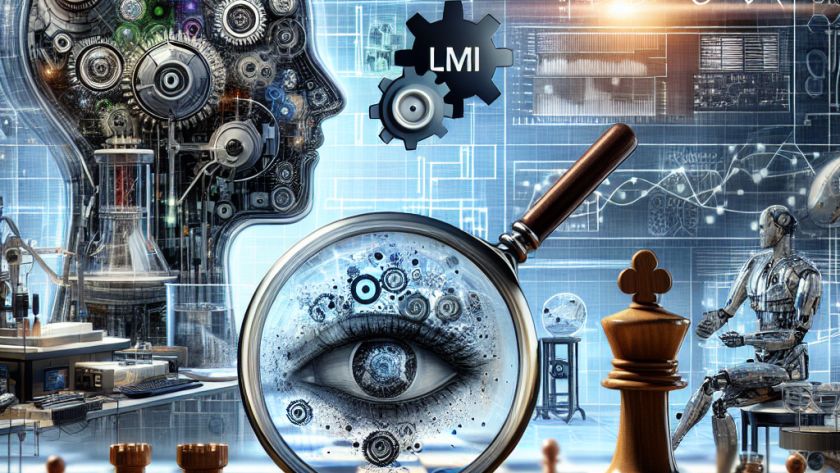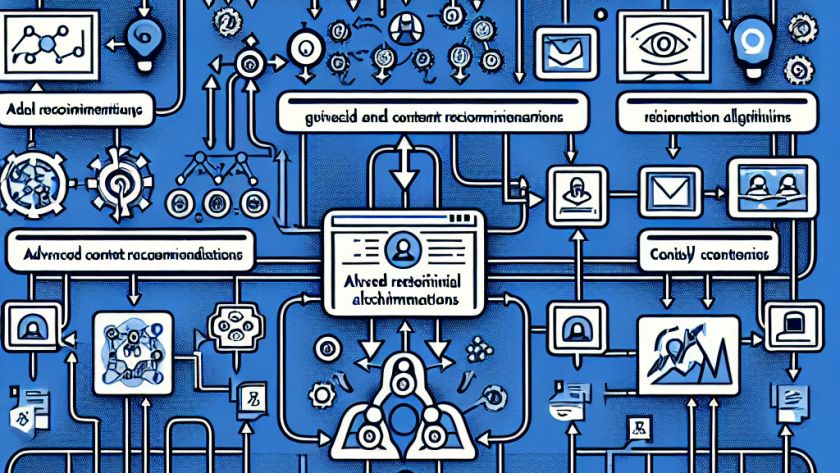Artificial Neural Networks (ANNs) have long been used in artificial intelligence but are often criticized for their static structure which struggles to adapt to changing circumstances. This has restricted their use in areas such as real-time adaptive systems or robotics. In response to this, researchers from the IT University of Copenhagen have designed an innovative…












